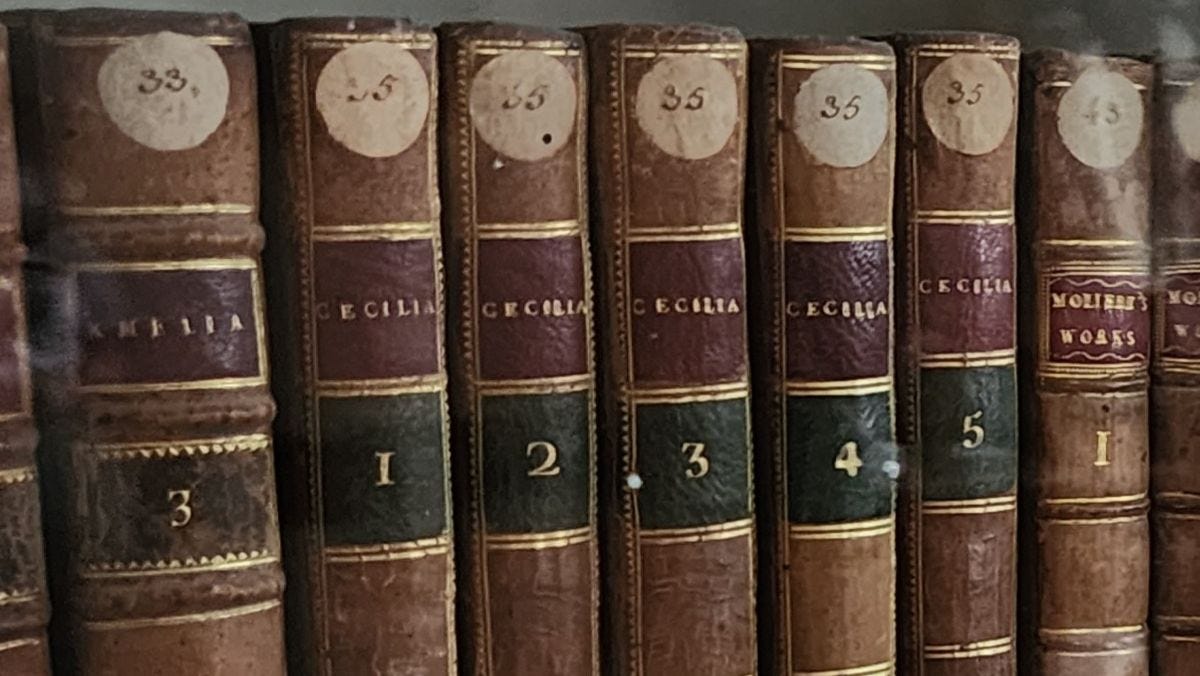Authors have to be human
On content mills, the Constitution, and why it's good for the rules on copyright to draw a line excluding content untouched by the human mind
Technology rules don't always make sense, but the United States Copyright Office has done the world a favor by issuing guidance that quite rationally concludes, "Copyright does not extend to purely AI-generated material, or material where there is insufficient human control over the expressive elements". It's a good conclusion on both of the most important levels.
■ First, it is a rational conclusion on the merits and appeals to existing law (instead of staking out new ground unnecessarily). Copyright law -- which in America is as old as the Constitution itself (Article I, Section 8) -- is for the protection of people, not automation. Thus the guidance is harmonious with the very point of having protections for intellectual property; machines don't need our help.
■ The decision also makes sense on a practical level. If any content generated by unsupervised artificial intelligence can be granted copyright protection, then the incentive structure for content mills to carpet-bomb society with rent-seeking content would go wild. AI-generated slop is already gumming up the works of the Internet, with bad or hallucinated information now appearing in places where it contaminates the training material for further generations of AI, adding an apparent (but utterly misleading) paper trail to bad information.
■ Some of that may get sorted out. But it also might not. And if it's bad for junk content to clutter the Internet, it may be even worse for it to begin cluttering the shelves of libraries and other curated repositories of information. It's one thing if Tom Clancy is still employing an army of human ghostwriters from beyond the grave; it's quite another if human names can start getting copyright credit for junk content published into books by the thousands.
■ With so much worthwhile and timely content already available in the marketplace, we should hope to see quality take precedence over a firehose of often false mediocrity. Much of that content will still make its way into the world, but denying it the protections of copyright is a good first step.



